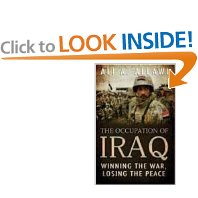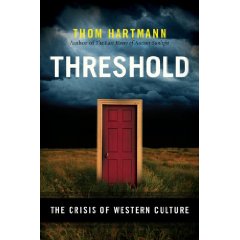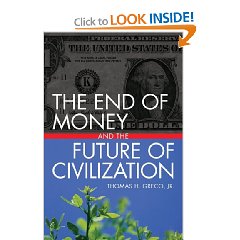
Key notes and quotes:
+ Bush Senior should not have left Saddam Hussein off the hook in Gulf I, should have finished off the regime while we had enough troops on the ground to make the peace.
+ US blew Gulf II from the moment of victory onward. “Incoherent” is a word the author uses frequently in describing virtually every aspect of US operations in Iraq. The one element that gets high marks from him is the U.S. Agency for International Development (AID) but the fact that the bulk of the “reconstruction” money was mis-managed by the Coalition Provisional Authority (CPA) makes AID's excellent a footnote in this sorry tale.
+ Book covers 2003-2006; the author was Minister of Defense and then Minister of Finance during the reconstruction period.
+ “Too few Americans actually cared.” Fred Smith (parent agency not clear) gets high marks from the author for caring and competence as the CPA-appointed advisor to the Ministry of Defense in the 2004 timeframe.
Continue reading “Review: The Occupation of Iraq: Winning the War, Losing the Peace”



